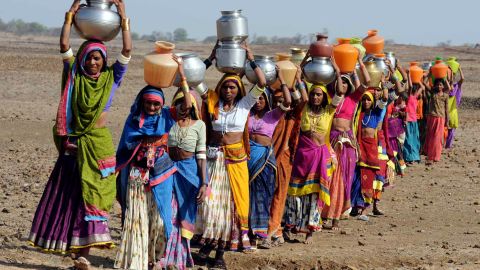The 66th session of the Commission on the Status of Women (CSW66) has finally come to an end with member states restating the important role women and girls play in safeguarding the environment and addressing the adverse effects of climate change.
At the end of the session, the CSW, which is the second-largest UN intergovernmental meeting in New York, agreed on a blueprint for world leaders to promote women’s and girls’ full and equal participation and leadership in the designing and implementation of climate change, environmental and disaster risk reduction (DRR) policies and programmes moving forward.
Executive Director of UN Women, Sima Bahous, said that the agreements reached by the commission come at a point when the world urgently needs new and coherent solutions to the interlocking crises that impact us all.
Read also: IFAD-funded project to combat climate change, others
She said, “We now have a pathway with practical, specific measures for global resilience and recovery, and a shared understanding that solutions depend on bringing women and girls to the centre”.
She called on member states to capitalise on the work done during the session, but women the agreements into immediate practice and move these decisions forward through all the major forums ahead, including COP27.
During the session, member states also recognised the disproportionate impacts of climate change, environmental degradation and disasters that impact women and girls such as loss of homes and livelihoods, water scarcity, destruction of schools, health facilities.
They stressed the urgency of eliminating persistent historical and structural inequalities, discriminatory laws and policies, negative social norms and gender stereotypes that perpetuate multiple and intersecting forms of discrimination.
According to them, women and girls face specific challenges, including separation from support networks, increased risk of all forms of violence, and reduced access to employment, education, and essential healthcare services, including sexual and reproductive healthcare services, and psychosocial support because of displacement.
Story was adapted from Business Standard.
